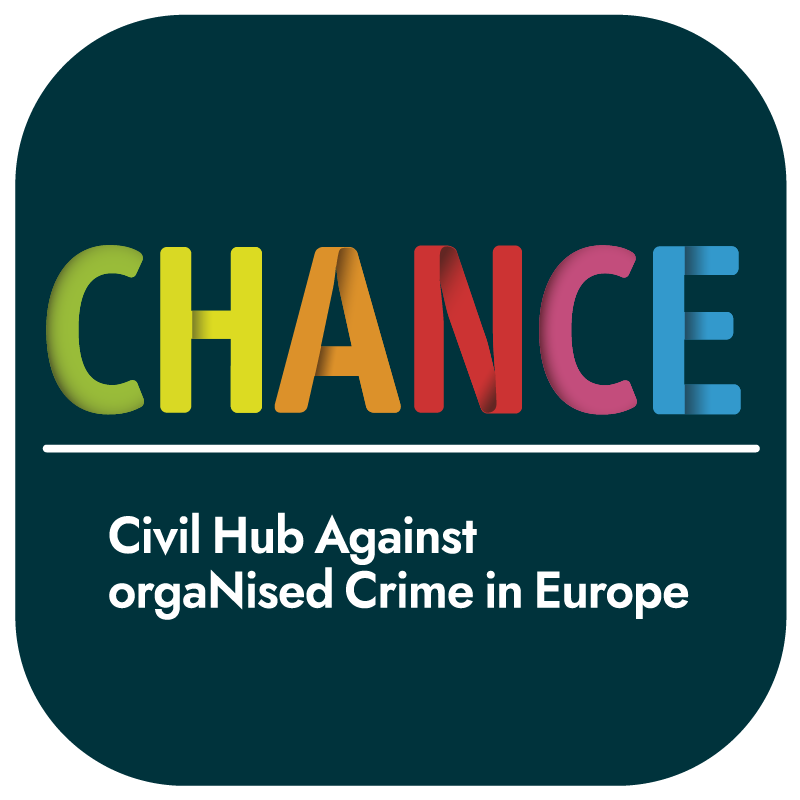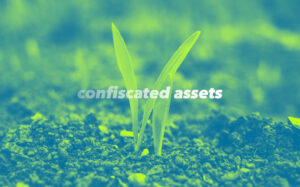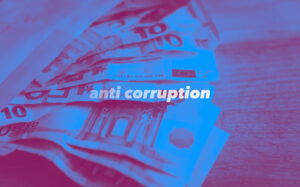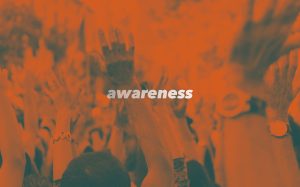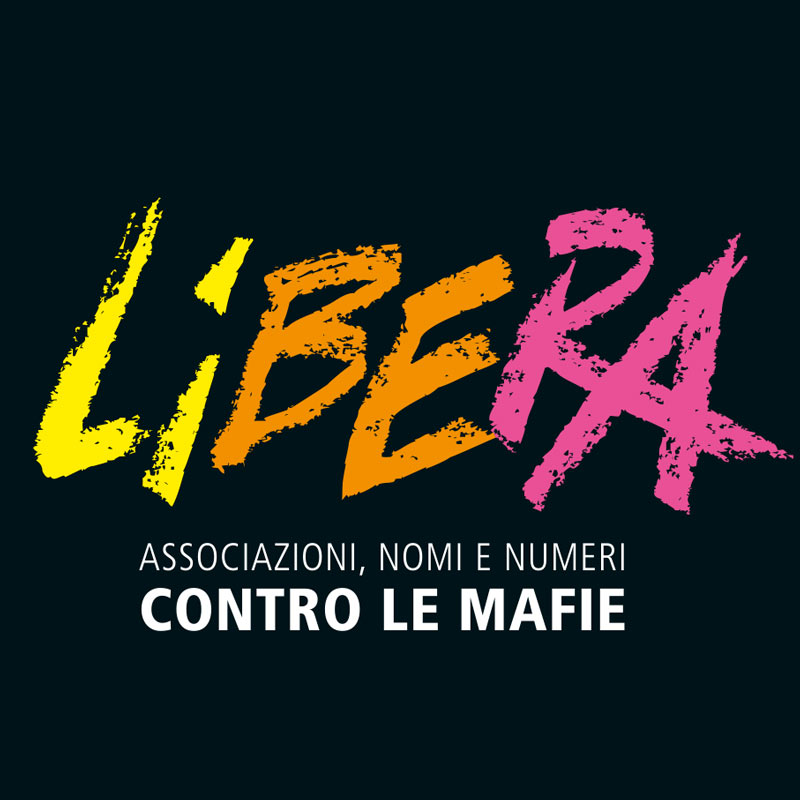The promotion of transparency and civic participation through the whistleblowing and civic monitoring communities
The civic monitoring
Knowledge of what to analyse is at the basis of any civic monitoring action. That is necessary also to generate a good training path on active anti-corruption. We believe a lot in the citizens’ participation in public issues, improving communities – not only civil society organisations – to strengthen their role as active protagonists in healing the “common good”. Monitoring a “common good” means monitoring goods that can formally be private or public, but the characteristics of which make them relevant for the welfare (and even the survival) of a collectivity. Corruption is often the hidden cause of misuse of these resources.
For this reason, we are promoting at local, national and European level, different civic monitoring paths to share the opportunity of building a culture hostile to corrupted dynamics, doing concrete actions to safeguard the common good.

The projects on anti-corruption and transparency
Corruption occurs whenever a person, to whom we have delegated power to make decisions influencing our lives, and to represent and look after our interests, betrays our trust and abuses that power to pursue private goals or the interests of a few. This is, in fact, the most common definition of corruption: abuse of entrusted power for private gains. Mafia-like and other criminal organisations can adopt the strategy of corruption to fulfil their objective of gaining profit and power in illegal markets and in the public sector. We are committed to educational initiatives for recognising and condemning corruption, following the will to not normalise or accept any forms of corruption and trying to measure it and its costs. On the other hand, we support actions for improving transparency and enhancing the whistleblowing as good practice to tackle bribery.

The international Anti-corruption Day
The International Anti-Corruption Day seeks to highlight the rights and responsibilities of everyone – including States, Government officials, civil servants, law enforcement officers, media representatives, the private sector, civil society, academia, the public and youth – in tackling corruption. Every 9th December, we underline the importance to reflect on our role as citizens and civil society organisation in preventing and countering corruption, in order to promote resilience and integrity at all levels of society.

